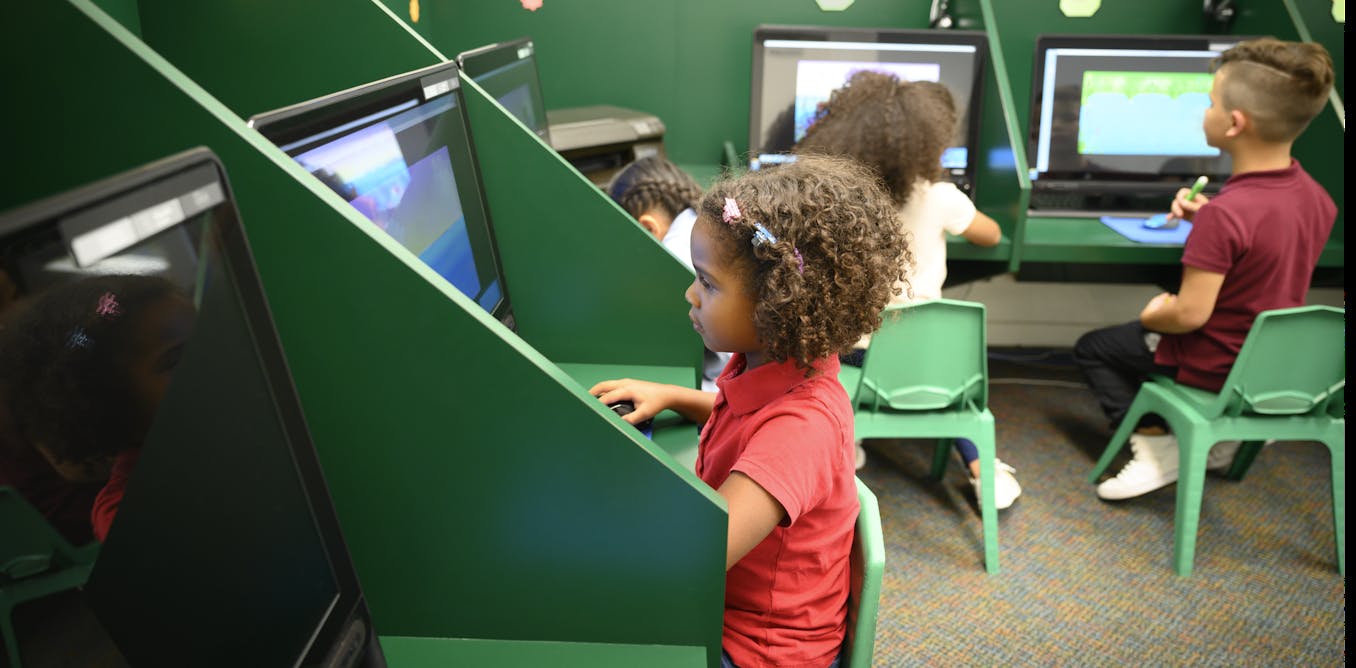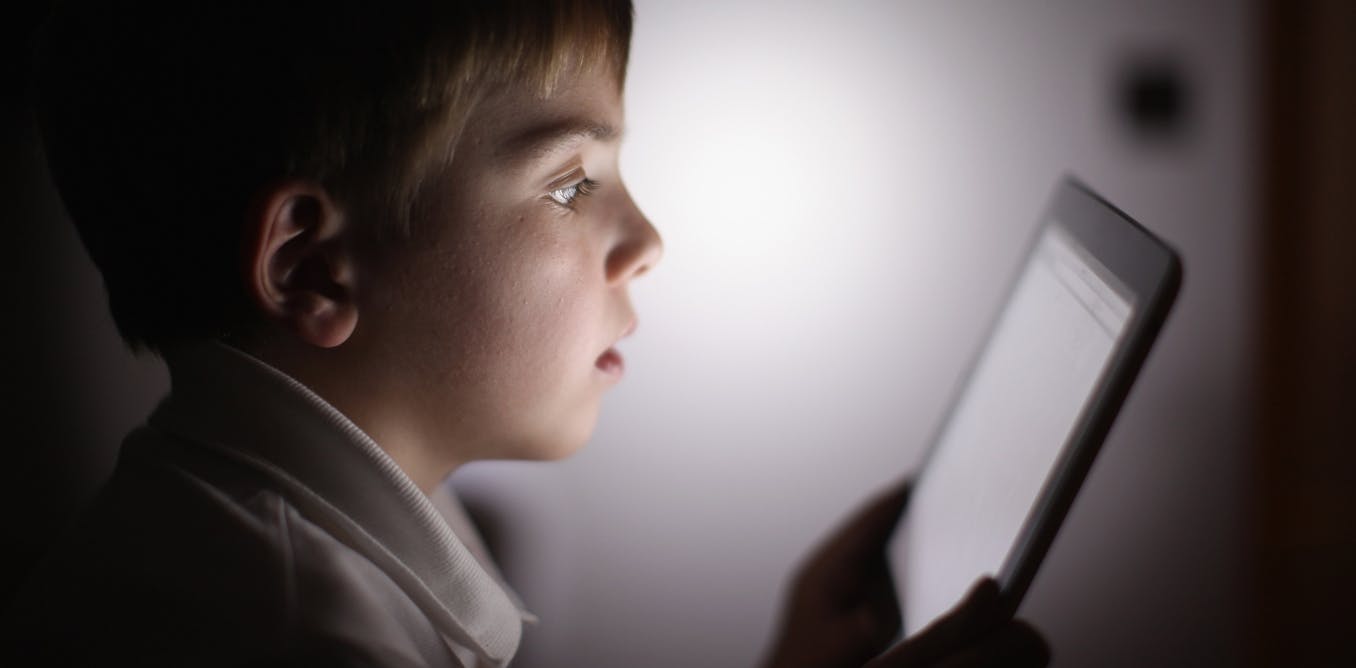Some kindergartners are more likely later to be heavy users of online tech, according to new research
Too much screen time doesn't leave enough time for other important parts of growing up. Predicting which little kids will likely grow into heavy tech users could help target educational campaigns.
Jan. 12, 2021 • ~7 min









